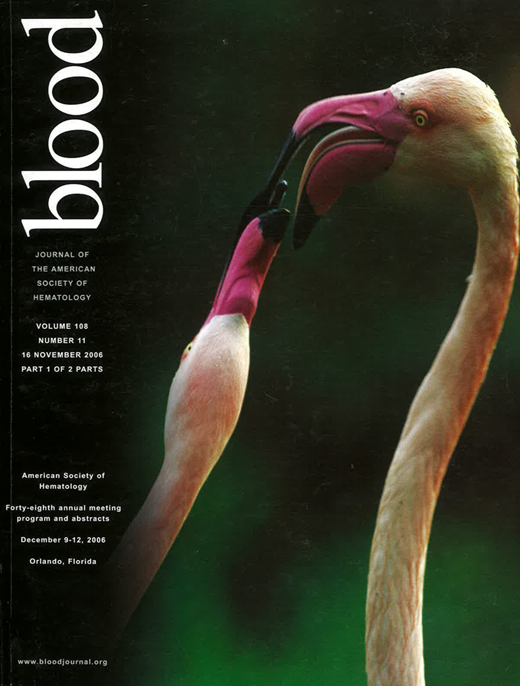Abstract
New therapeutic approaches have been developed to treat follicular lymphoma (FL), the most common type of indolent non-Hodgkin’s lymphoma which should still be regarded as an incurable malignancy with a relentless relapsing course, except in the subset of patients with localized disease. For vaccination purposes, dendritic cells (DC) generated and loaded with tumor antigens ex vivo are focus of attention for already 10 years. In 07/04 we started a phase II study to evaluate a vaccination strategy based on multiple injections of autologous DC loaded with tumor lysate (DC-lysate) in FL patients. We reported here the results we observed for the first 7 enrolled patients (3F/4M, age: 44–61; 1 to 8 previous lines of treatment, including autologous PBSC transplant in 2 pts) who completed their treatment consisting in 5 to 7 DC-lysate vaccinations. At time of inclusion an excisional biopsy of a peripheral lymph node was performed in all patients; tumoral B cells were isolated by negative T cell depletion (using immunomagnetic beads and anti-CD3 antibodies) and then lysed by 5 freezing/thawing cycles to produce tumor lysate. Immature DC were obtained from mononuclear cells collected after Cyclophosphamide (2g/m2) and G-CSF (10μg/kg) administration, cultured for 5 days with GM-CSF and IL-4, pulsed with lysate, and then induced to mature with TNFa and PGE2 for 24h. All DC preparation fitted the quality criteria of viability ≥60%, ≤20% CD14+ cells, ≥60% CD83+ cells. For each vaccine 107 DC-lysate were administered, both intravenously [IV] (5×106 cells) and intradermally [ID] (5×106 cells). Vaccinations were safe and well tolerated. All patients developed significant delayed-type hypersensitivity responses to DC-lysate after several vaccines administration, testifying of the induction of a response. Among the 4 patients vaccinated with measurable disease, 2 who presented with low tumor burden (1 stage I, 1 stage II) achieved CR (with normal CT and absolutely no more FDG uptake on PET), so far persistent 3 and 6 months after the last vaccine, while disease progressed in the 2 remaining patients who presented respectively a stage IV and stage II disease at time of vaccination. The 3 patients vaccinated while in CR showed no disease progression at last tumor evaluation (9 to 12 months post last vaccination). This study demonstrated that DC-lysate vaccines might be efficient in FL patients with low tumor burden disease. Because the cause of disease recurrence is the presence of minimal residual disease after conventional treatments, the adjuvant setting might be the most appropriate therapeutic strategy for active specific immunotherapy, when the immunosuppressive effects of bulky disease are virtually absent and when the effector-target ratio is favorable.
Disclosures: This study was supported by a french research project PHRC from the CHU of Montpellier.
Author notes
Corresponding author

